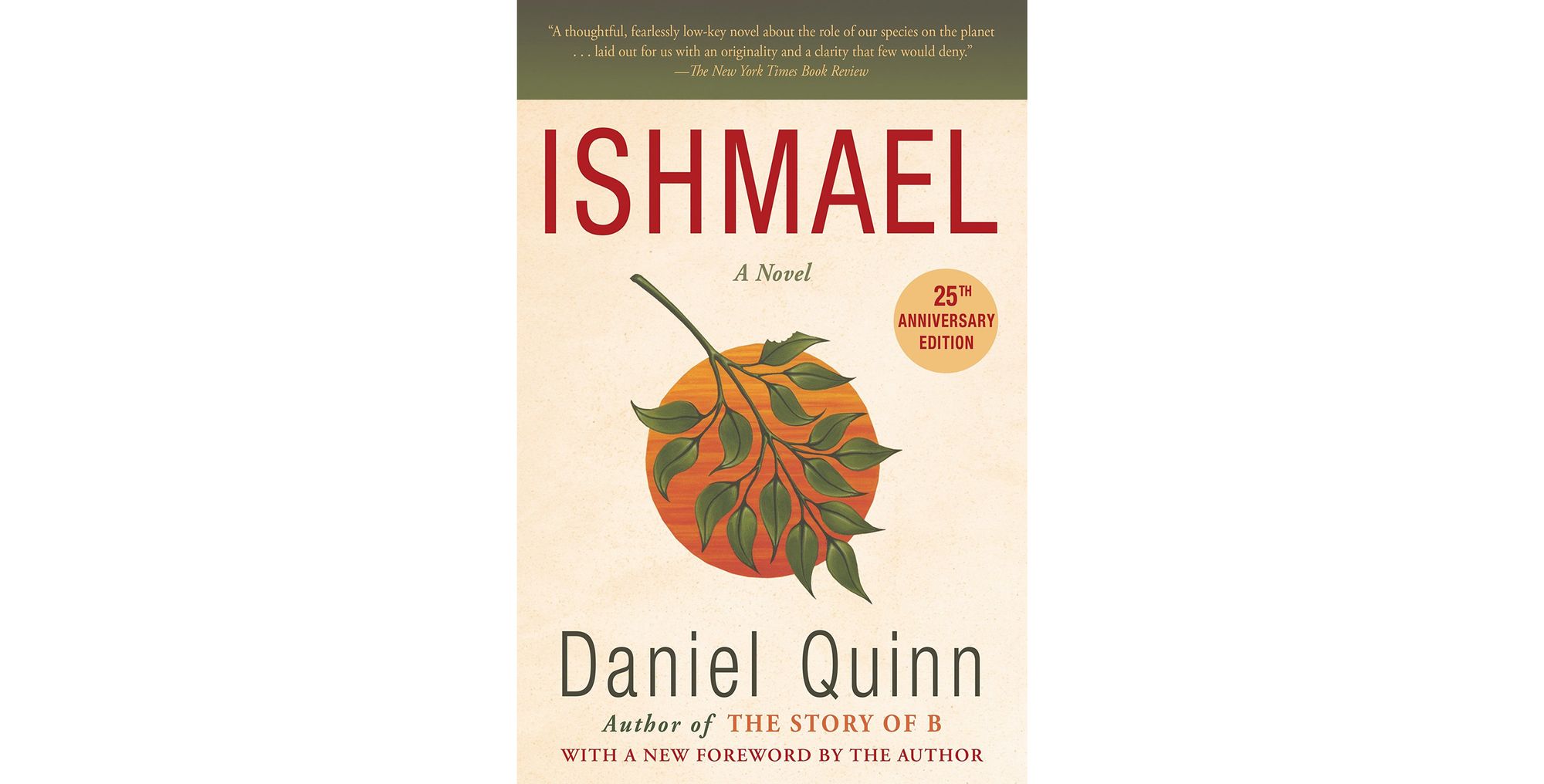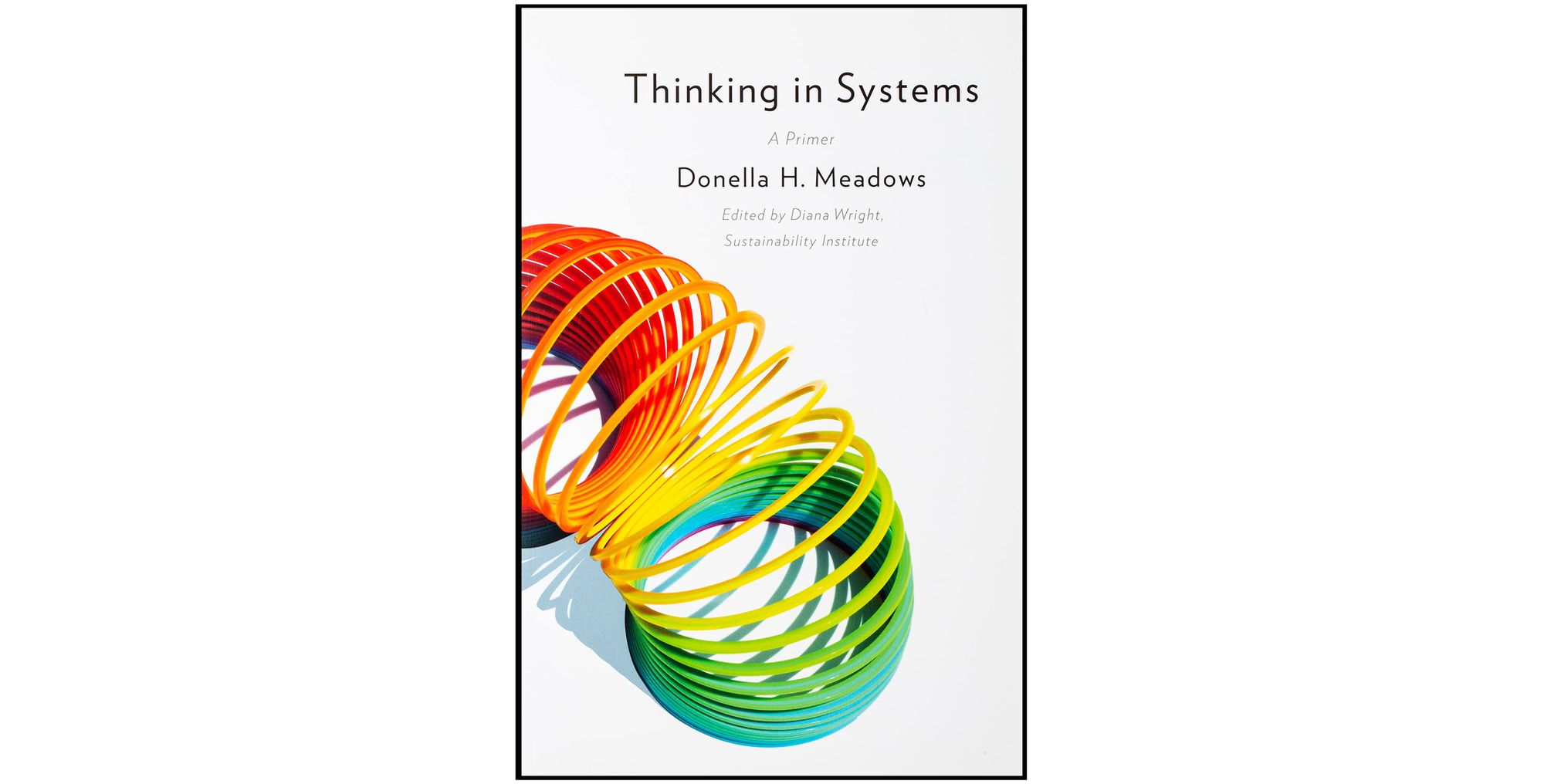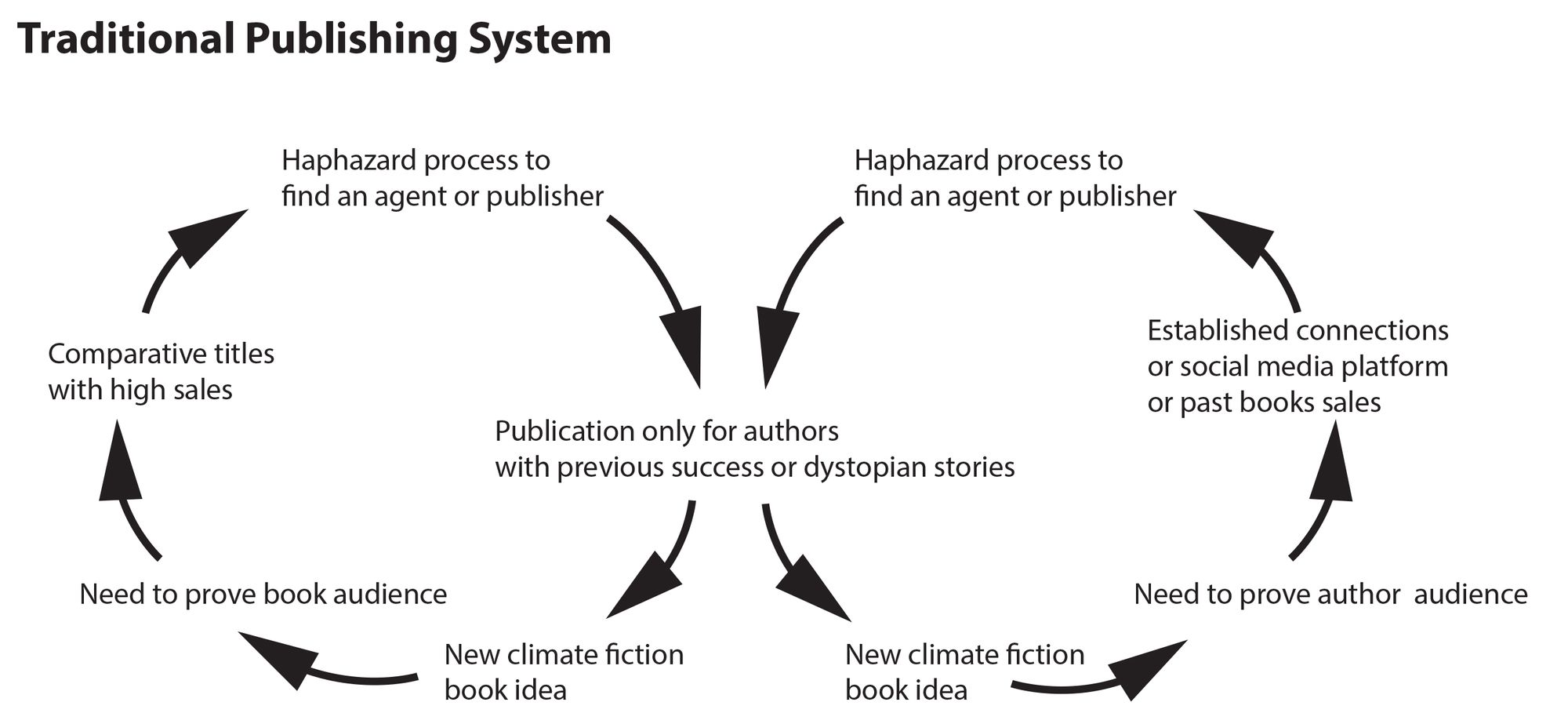Ishmael, Challenging the Paradigm

It’s an intellectual mystery, with a very slim plot. Not the type of book you might think would sell over a million English language copies and be translated into 30 different languages. Many of you may have read Ishmael by Daniel Quinn, but I hadn’t. It’s very intriguing, and if you let yourself be caught up in its premise, the pages keep turning. The book involves a long conversation between a man and a gorilla. One is the teacher. One is the student. The hook is that the teacher is the gorilla.

Obviously, a book about an intellectual quest barely seems like a novel, at least in the traditional sense of the hero’s journey. Yet, this very unheroic novel, with a plot that revolves around the perplexing questions that the gorilla asks the man to solve, has been extremely successful. That is one reason why I love this book. It’s an example of an alternative to the formulaic hero’s story.
It also is a model of how to challenge our paradigms and shift our thinking. Stories can accomplish that because they activate the imagination, allowing the reader to try on different experiences, ideas, and emotions in the safety of their armchairs. With their defenses down, they are open to something new, and in this unguarded state, Ishmael leads its readers, via the man, through the process of critical thinking, challenging a major paradigm that a majority of humans hold, one which is helping to destroy our world.

Shifting a paradigm is a very effective way to change a system. Donella Meadows in her book Thinking in Systems, describes twelve leverage points in systems change. She talks about parameters, constants, stocks and flows, feedback loops, rules, and goals—all things you might imagine would belong to any discussion of systems. Yet the second most powerful agent for systems change that she identifies is a shift in paradigms: “the mind-set out of which the system—its goals, structure, rules, delays, parameters—arises.” A paradigm shift is something that both individuals and societies resist, like they resisted new scientific discoveries during the Scientific Revolution, yet it can happen in an instant or what seems like an instant in terms of the long march of time.
Meadows says, “Systems modelers say that we change paradigms by building a model of the system, which takes us outside the system and forces us to see it whole.” She uses diagrams called feedback loops, which are wonderful ways to visually describe a system. I learned about feedback loops in the class I took through Common Earth, a wonderful online program for those who want to deepen their understanding of the climate crisis and create connections with others seeking to find solutions.

Modeling a system and exploring paradigms can also be done through fiction, where authors can create worlds, direct a character’s thoughts in one direction or another, and follow the arc of a character’s transformation. This is what happens in Ishmael, as the gorilla guides the man to understand how modern humans came to see what they believe is their place in the world. I won’t reveal the new perspective the man gains because the process of trying to understand where the gorilla is leading him is something the reader should experience for themselves. It’s the whole reason to read the book.
This is the promise of climate fiction—inventing stories to challenge perspectives and discover new possibilities for living and thinking in ways that can mend the climate. Meadows claims that intervening at the paradigm level can be one of the most effective ways to generate change because “paradigms are the sources of systems.” And that is what we need now, stories to question the basic assumptions that have led us into disaster.
Toward the end of the book, Ishmael, the gorilla, says:
“I think what you’re groping for is that people need more than to be scolded, more than to be made to feel stupid and guilty. They need more than a vision of doom. They need a vision of the world and of themselves that inspires them.”
That gorilla is a very wise gorilla.





Member discussion